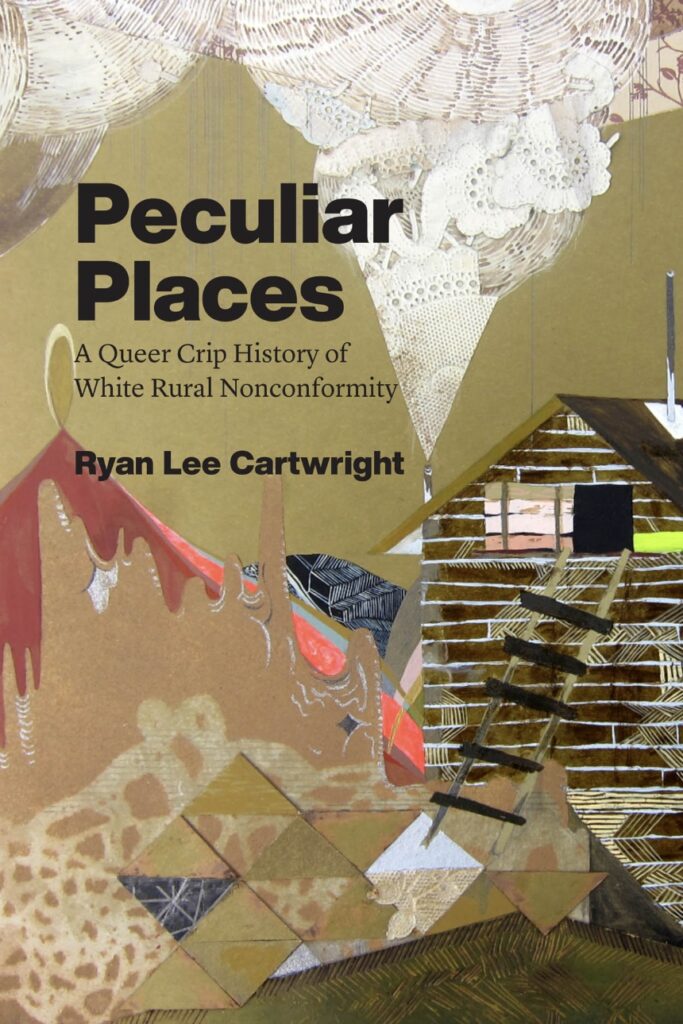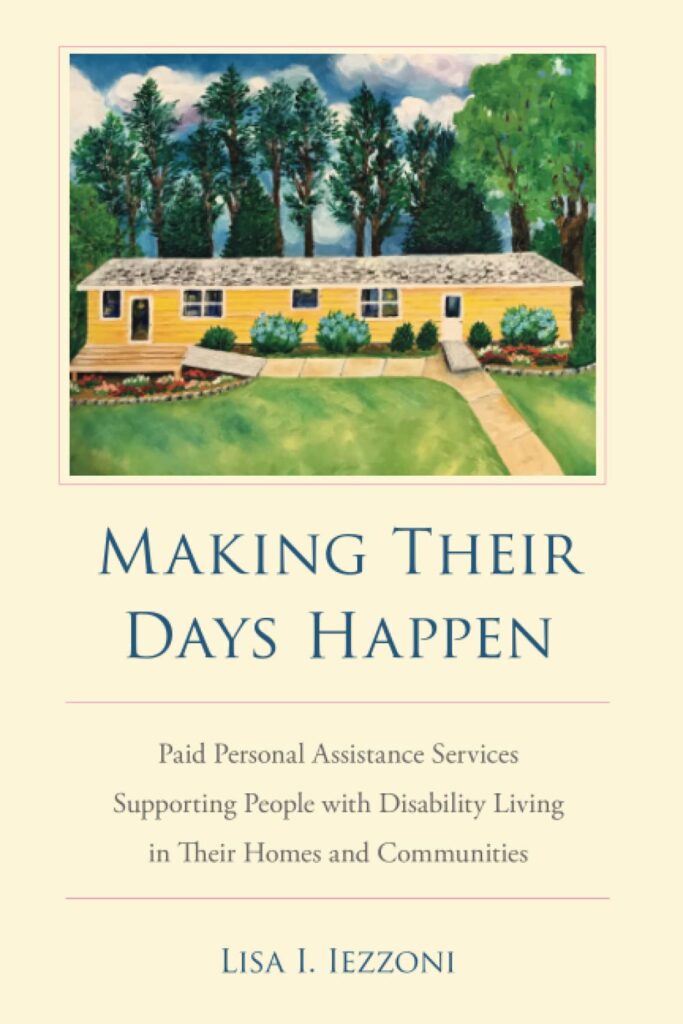Ryan Lee Cartwright discusses their new book, Peculiar Places: A Queer Crip History of White Rural Nonconformity.

Download mp3 file here.
Download pdf transcript here.
About Our Guest
Ryan Lee Cartwright is an Associate Professor of Cultural Studies at UC Davis. Their research focuses on disability, gender, and sexuality on the social and spatial margins. Cartwright’s first book, Peculiar Places: A Queer Crip History of White Rural Nonconformity (University of Chicago Press, September 2021), maps racialized queer and disability histories of white social nonconformity across the rural US, from the 1910s to the 1990s. They are at work on a second book examining how, in the early-to-mid twentieth century US, chronic illness came to be understood as a gendered, racialized “social burden.” Cartwright teaches undergraduate and graduate courses on a wide range of topics, including disability studies, queer and trans history, the 1990s, research methodologies, social welfare, and landscapes and places. Cartwright is affiliated with the graduate groups in Cultural Studies and Performance Studies, as well as the designated emphasis in Feminist Theory and Research. They are also the coordinator of the Disability and Social In/Justice DHI research cluster.
